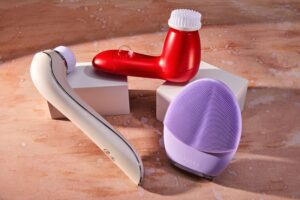A primer is a cosmetic product that is applied before makeup to help create a smooth, even surface for the makeup to adhere to. A makeup primer can also help to improve the longevity of makeup by providing a barrier between the skin and the makeup, helping to prevent the makeup from wearing off or fading throughout the day.
Additionally, primers can help to reduce the appearance of fine lines, pores, and other imperfections, and can also provide added hydration or oil control depending on the formulation. Overall, using a primer can help to create a flawless base for makeup application and help it to last longer throughout the day.
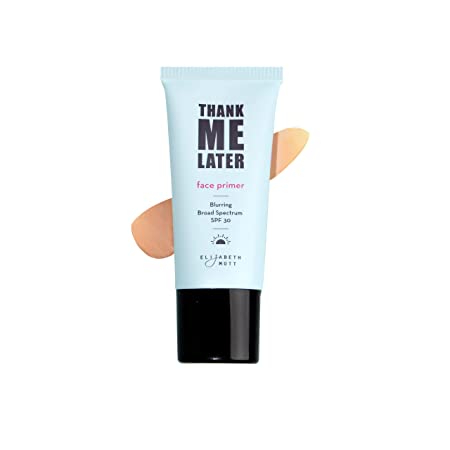
Elizabeth Mott Thank Me Later Blurring Face Primer
This lightweight formula is enhanced with shea butter, plant extracts, and blurring minerals to soothe skin while locking in your makeup with a blurred, demi-matte velvety finish.
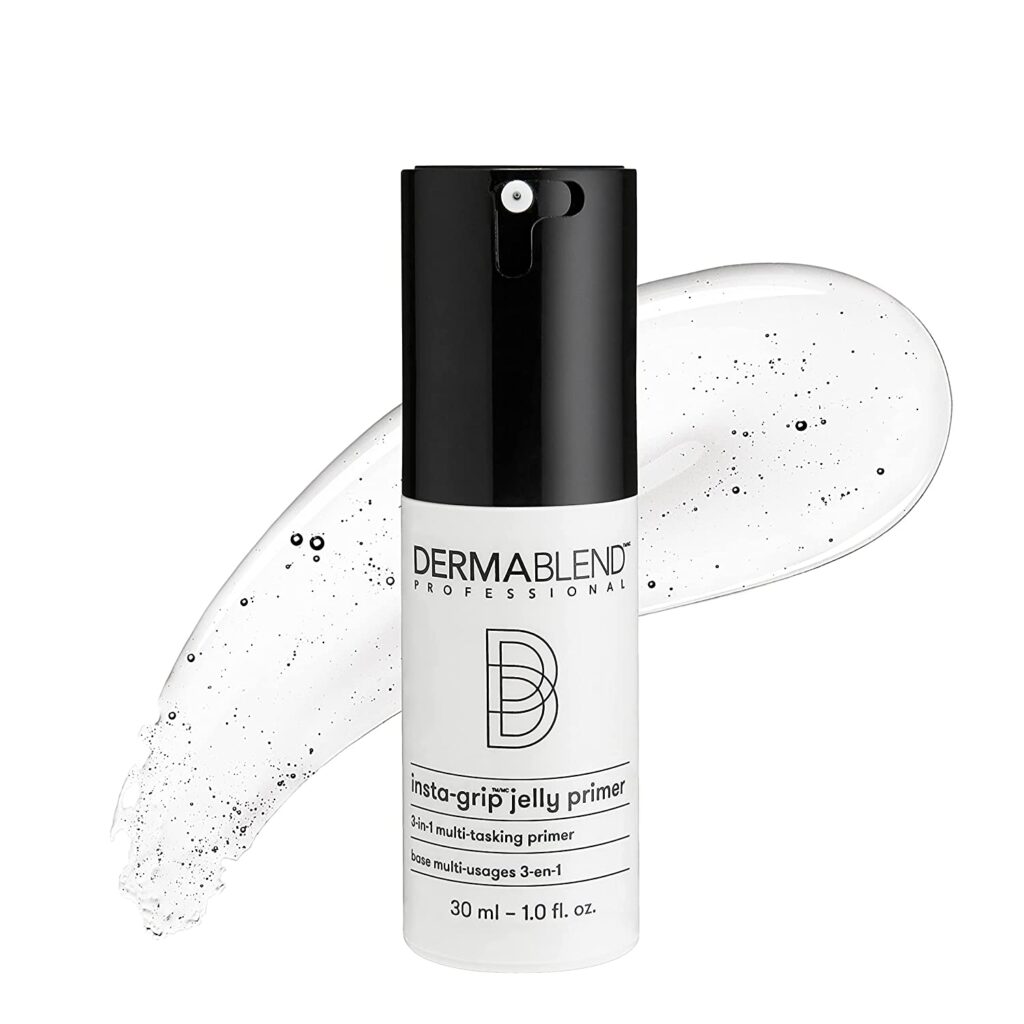
Dermablend Insta-Grip Jelly Primer Face Makeup
3-in-1 hydrating makeup primer for face is a primer, instant moisturizer & tightening mask. Pore primer for all skin types including dry, aging, acne prone & sensitive skin.
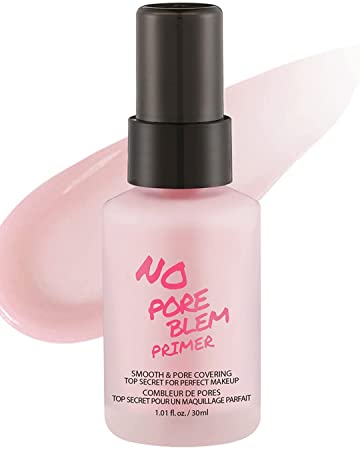
TOUCH IN SOL No Pore Blem Primer
The pore-minimizing formula of our primer face makeup tightens pores and gives a lifting effect to dull and saggy skin.
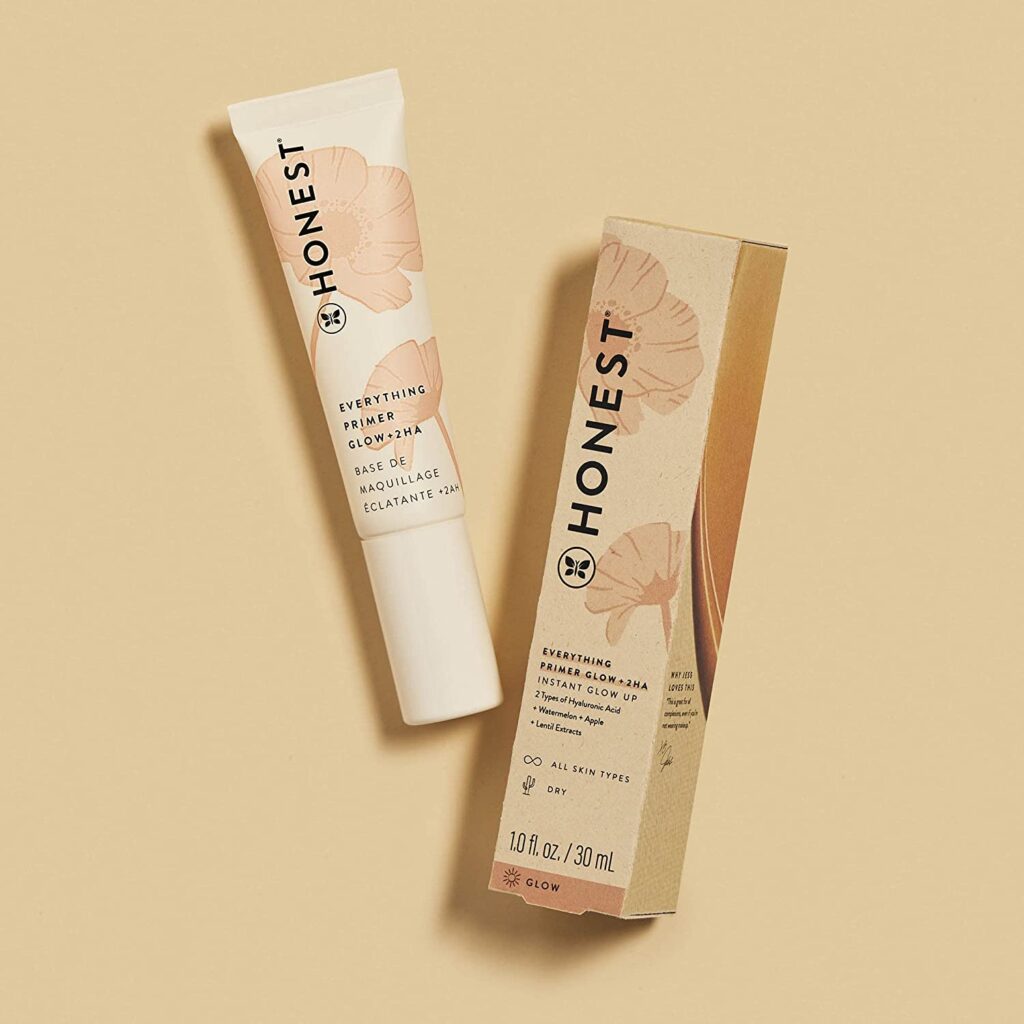
Honest Beauty Everything Primer Glow
Made with 2 types of Hyaluronic Acid + Watermelon + Apple + Lentil extract. A Hyaluronic Acid infused illuminating primer that preps, brightens (thanks to glow-giving mica), and hydrates your skin.
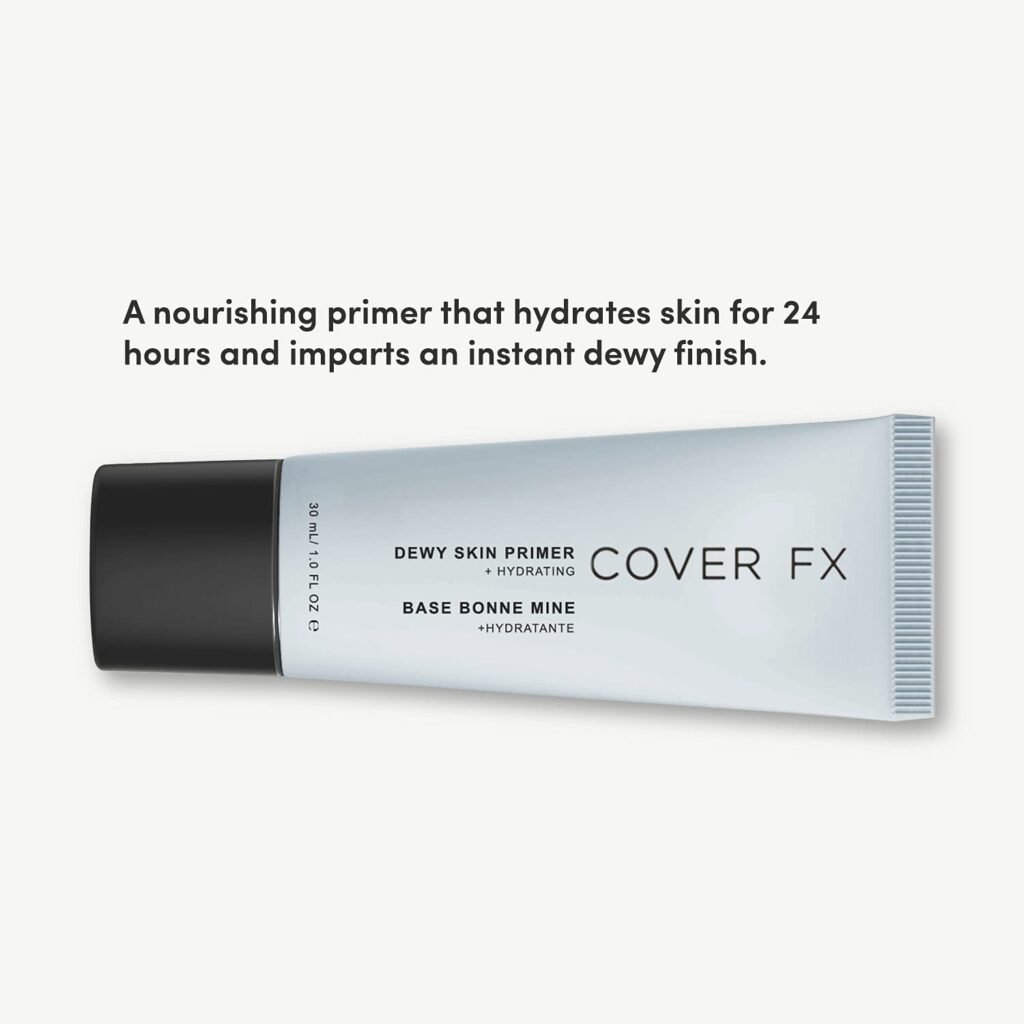
Cover FX Dewy Skin Primer, Nourishing Makeup Base
This face primer for makeup helps to quench dry skin, leaving a healthy-looking luminous finish; Wear it alone as a glowing moisturizer or use it as a long-lasting makeup base
Advantages of using a makeup primer:
- Helps to create a smooth, even surface for makeup application
- Improves the longevity of makeup
- Helps to reduce the appearance of fine lines, pores, and other imperfections
- Provides added hydration or oil control depending on the formulation
- Can help to prevent makeup from settling into fine lines or creases
- Can also help to minimize the need for touch-ups throughout the day
- Some primers may also contain skincare benefits, such as antioxidants or sun protection.
Disadvantages of using a makeup primer:
- Some primers may not work well with certain skin types or may cause irritation or breakouts
- Primers can add an extra step to your makeup routine, which may not be ideal if you’re short on time
- Some primers can be expensive, especially high-end or luxury brands
- Some people may not like the feeling of an extra layer of product on their skin
- Some primers may not provide any noticeable benefits or may not work well with certain makeup products.
Overall, the benefits of using a makeup primer may outweigh the disadvantages for many people, but it’s important to find a primer that works well for your skin type and preferences.
Ingredients
The specific ingredients in a makeup primer can vary depending on the brand and formulation, but here are some common ingredients you may find in a makeup primer:
Silicone: A common ingredient in primers that helps to smooth out the skin’s surface and create a barrier between the skin and makeup.
Glycerin: A humectant that helps to hydrate and plump up the skin, which can make it look smoother and more radiant.
Dimethicone: A type of silicone that provides a smooth, silky feel to the skin and can help to fill in fine lines and pores.
Hyaluronic acid: A hydrating ingredient that can help to attract and retain moisture in the skin, which can help to plump up the skin and reduce the appearance of fine lines.
Niacinamide: An ingredient that can help to improve the appearance of pores and reduce the production of excess oil in the skin.
Vitamin E: An antioxidant that can help to protect the skin from environmental damage and help to soothe and hydrate the skin.
Zinc oxide: A mineral ingredient that can help to protect the skin from UV damage and provide a physical barrier between the skin and makeup.
Aloe vera: A soothing and hydrating ingredient that can help to calm and soothe irritated or sensitive skin.
Peptides: Amino acid chains that can help to improve the elasticity and firmness of the skin over time.
Retinol: A form of vitamin A that can help to improve the texture and tone of the skin and reduce the appearance of fine lines and wrinkles over time.
It’s important to note that some people may be sensitive or allergic to certain ingredients, so it’s always a good idea to check the ingredient list before trying a new product and patch test it before using it all over your face.
Buying Guide
When choosing a makeup primer, consider the following factors:
Skin type: Consider your skin type and look for a primer that is designed for your specific skin type, whether that’s oily, dry, combination, or sensitive. For example, if you have oily skin, you may want to look for a primer that helps to control oil and reduce shine, while if you have dry skin, you may want to look for a primer that is hydrating and helps to smooth out dry patches.
Coverage: Consider the level of coverage you want from your primer. Some primers are designed to provide a sheer, natural look, while others may provide more coverage and help to even out the skin tone.
Formulation: Consider the formulation of the primer, such as whether it’s a gel, cream, or powder, and whether it’s compatible with the other makeup products you typically use.
Ingredients: Consider the specific ingredients in the primer and whether they are compatible with your skin type and any skin concerns you may have.
Brand and price: Consider the brand and price of the primer. While there are many great drugstore primers available, some higher-end or luxury brands may offer more specialized formulations or additional skincare benefits.
Ultimately, it’s important to choose a primer that works well for your individual skin type and concerns and that complements the other makeup products you use. You may need to try a few different primers before finding the one that works best for you.




